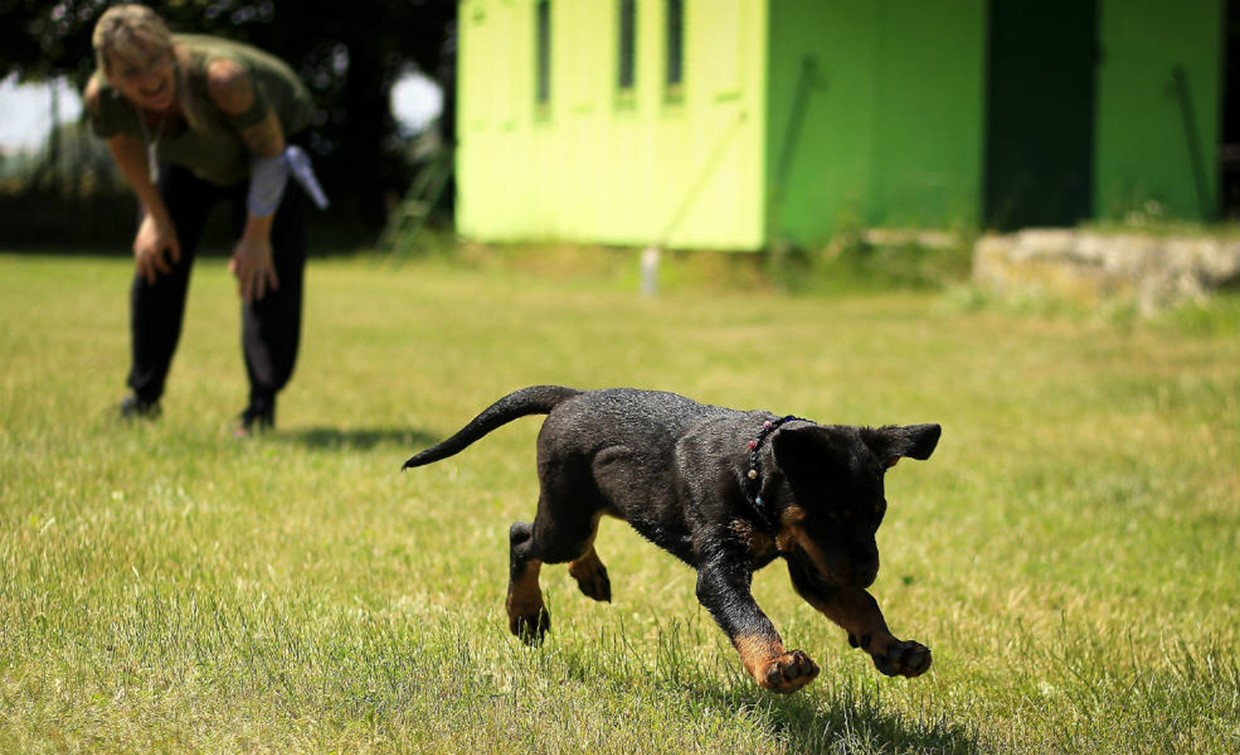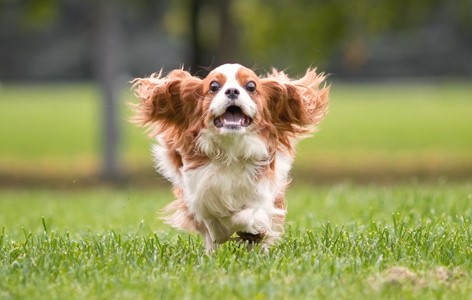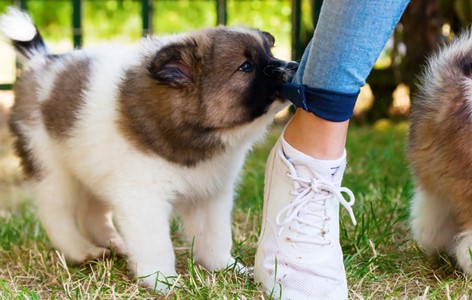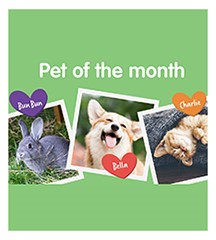You’ve decided to welcome a puppy into your home – great news, because they’re fun, a bundle of laughs, and will be a joy to have around. But to turn them into well-behaved adult dogs, training is essential, and puppy classes are a good place to begin.
So what exactly is a puppy class? When should you start, and what should you expect?
puppy class is designed for puppies that are not yet fully vaccinated (under 16 weeks) and thus they must take place in a fully sterilised area. The area may not be huge, but it is essential that it is fully cleaned beforehand
so your puppy will not pick up anything. As everyone will have puppies, even a large breed dog will still be small, which makes it easier for everyone.
It is best to start lessons as soon as you have your puppy, so make sure you find out about classes and dates in your local area and book your place, even before your puppy arrives.
What to expect
Every puppy class to some extent will be different and will usually work around the particular needs of the puppies in it. All our trainers have a slightly different approach, however all are skilled and run their puppy classes in the most efficient way possible.
Depending on your class, the puppies may all be off the leash at various times and, at other times, on the leash a lot of the time. For example, if one puppy in the class is very nervous, it makes sense to keep all the puppies on the leash for the first week until it develops its confidence.
Puppy class numbers also differ depending on where and when you do your puppy classes - through a dog training company like Dog Guru, or your local vet or pet store. A full class may be eight or nine puppies, while other classes may run with two or three puppies. This often depends on the time of year and the demand.
What you will learn
In puppy classes, the aim is to learn how to own a puppy, especially for first-time dog owners. Socialisation for the puppy is also important. You will learn a few basic commands such as sit, stay and come, but most importantly, you should learn about stopping the puppy biting and chewing; the classes will also include toileting and some basic dog ownership advice.
Often, when the class is over, you may feel that you and your puppy need more training in areas such as walking on the lead and other basic commands. It’s a good idea to ask your puppy trainer for options in your neighbourhood, as they are likely to be able to recommend the right person for that next stage.
Most importantly, enjoy the puppy classes. The first week can be stressful, but as you learn more about your puppy, the classes will benefit both of you. They are a great time and should be a lot of fun.























